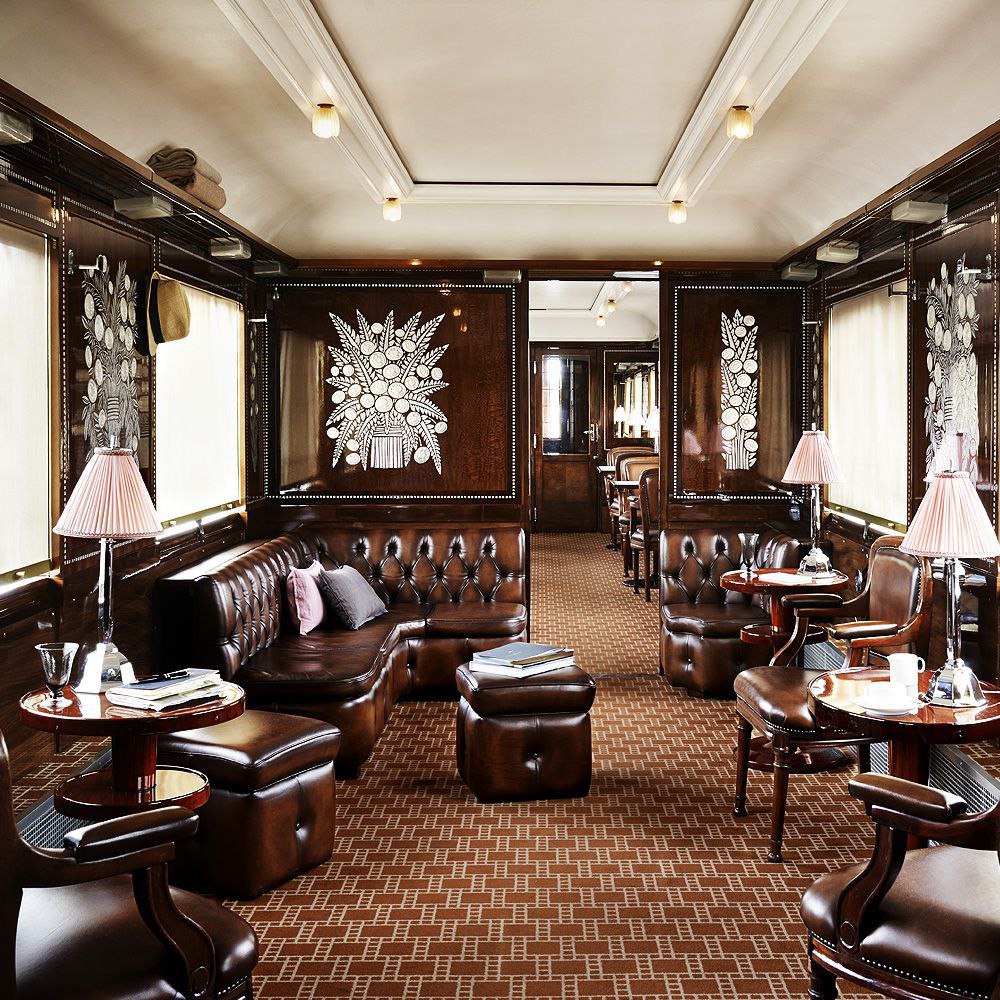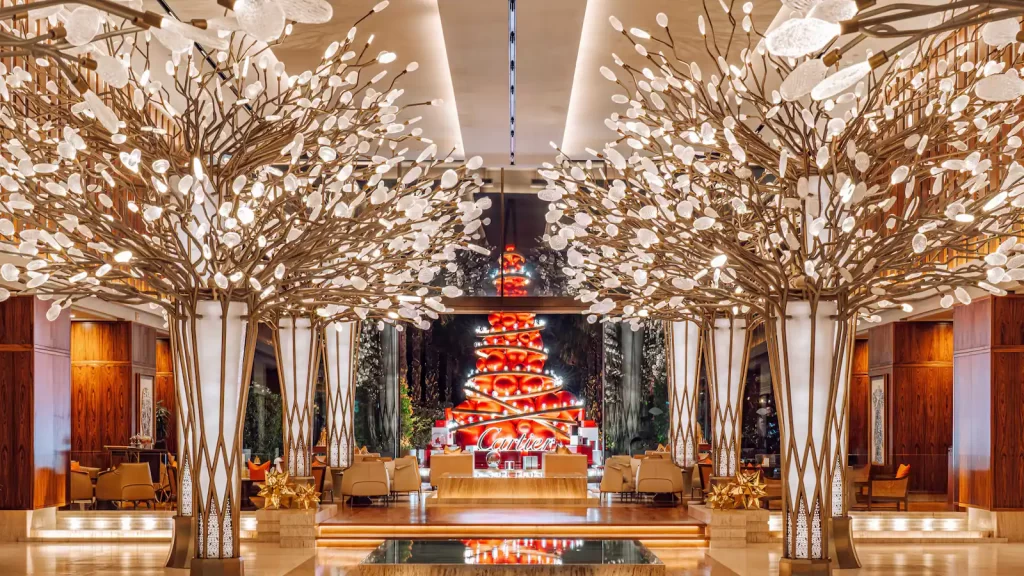Millennials in search of luxury are at the forefront of rebounding U.S. traveler confidence, a joint study by Tripadvisor and Accenture, the global professional services company, has found. While beach vacations remain highly popular among U.S. travelers planning to travel domestically in 2021, the U.S. city break is also returning as a trip of choice.
The findings were revealed today in a new research report that shares insights into U.S. travelers’ plans for the year ahead. The research analyzes the latest consumer sentiment in the U.S. across a comprehensive range of demographic groups and income levels, to gain a deeper understanding into how different groups of U.S. travelers are feeling, where they are planning on going next and how much they’re going to spend.
The report, entitled The Future of Travel, found that while confidence to travel appears to be returning among all age groups, it is the high income Millennial demographic that are most likely to spend big on travel this year, with a majority already booking luxury trips – thanks to a strong desire for self-care and relaxation.
Key findings from the report include:
A return to confidence
Of those U.S. respondents who did not take a trip at all in 2020, nearly two thirds (61%) said they are comfortable doing so in 2021.
Respondents earning $100,000 or more are leading the way in likelihood to travel in 2021 – with over a third (34%) having already booked a trip for 2021, compared to less than one in five (19%) of the remaining population.
Those who traveled in 2020 are more likely to have booked a 2021 trip already – of those respondents that traveled last year, forty-one percent (41%) have already booked 2021 travel compared to just thirteen percent (13%) of those who did not travel at all in 2020.
U.S. travelers are getting more adventurous in their plans – especially in the higher income brackets
Over half (54%) of all U.S. respondents earning more than $50,000 are considering domestic air travel for their next trip, while a quarter (25%) of those earning $100,000 or more are considering flying abroad for their next trip.
Millennials earning above $50,000 are the most eager to fly. Three out of five (58%) of those surveyed are considering domestic air (compared to 41% among other age groups) and one in four (25%) are considering international air travel (that’s 1.8 times higher than the average among respondents in other demographic groups).
Respondents who have already booked a trip are five times more likely to be taking an international trip as opposed to a staycation (i.e. a trip less than three hours from home).
Travelers are planning longer trips this year – eighty-seven percent (87%) of respondents who have already booked travel have opted for a trip of three nights or more. Of those yet to book a trip, more than three quarters (77%) are also planning a break of three nights or more.
Beach destinations remain popular, but city breaks are back on the rise too
The beach remains the number-one choice for most age and income segments planning their next trip, with one in three (30%) selecting a beach vacation as their next spring or summer destination
Nevertheless, there is a renewed interest in the city break as a vacation option for U.S. travelers. One in four (25%) say city destinations are the preferred option for their next trip, second only to beaches and ahead of other types of nature travel
The choice of urban instead of nature destinations is particularly pronounced among younger, less affluent travelers. Gen Z respondents earning less than $100,000 are twice as likely to visit a city (30%) than they are to visit a nature destination (beaches excluded)
City dwellers are particularly keen to visit other urban centers: across all income ranges, metropolitans from both coasts are interested in other U.S. cities for their next trip. Thirty-four percent (34%) of Californians and New Yorkers say a city is where they are headed next
A desire for relaxation and luxury is driving demand – and higher spending
Across all demographics, the desire to use travel as a means to relax is clear, with nearly half (45%) of all respondents saying relaxation is what they are seeking on their next trip
Certain groups are also willing to spend more on travel this year to upscale their trips. Thirty-two percent (32%) of high-earning Millennials are planning to increase their travel spending in 2021 – almost double the average respondent.
Luxury vacations are the order of the day – more than a third (37%) of high-income Millennials are planning to spend more than $5,000 on an upcoming luxury trip.
While most groups identified cost as a leading factor when booking their next trip (close to 60% of respondents), only 40% of high-income Millennials listed this as a concern.
“Throughout this pandemic our research and insights have always shown us consumers’ resilience and wanderlust to travel. In this latest joint report, it’s fantastic to see U.S. traveler confidence returning, especially to destinations further afield,” said Christine Maguire, general manager, global media business, Tripadvisor. “What is also encouraging for brands and destinations is that, among those planning to spend more than $5,000 on their next trip, as many as 62% have not yet made a booking — and they are eager to spend more on travel than ever before. For brands, the opportunity is there to attract the purchasing power of this audience now.”
“The research highlights a positive outlook and several trends that look set to shape the U.S. travel market recovery. Cities are making a comeback as a top destination, and there is a clear desire among more affluent travelers for luxury experiences,” said Liselotte de Maar, managing director, travel industry at Accenture. “The focus needs to be on targeting the early “inspiration” of the customer journey with new travel offerings that establish a personalized connection. Travelers choose the brands they trust, so it has never been more important to live up to the brand promise, while having the flexibility and responsiveness to developments in order to meet travelers’ evolving needs.”










